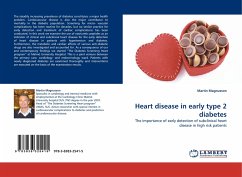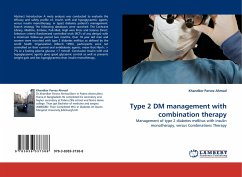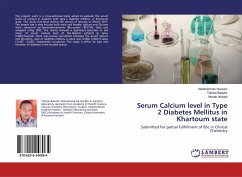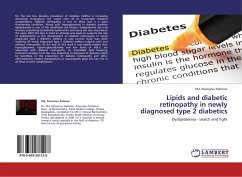The steadily increasing prevalence of diabetes constitutes a major health problem. Cardiovascular disease is also the major contributor to mortality in the diabetic population. Screening for micro- vascular complications has been routine for decades, but no similar practice for early detection and treatment of cardiac complications has been conducted. In this work we examine the use of natríuretic peptides as an indicator of clinical and subclinical heart disease for the early detection of heart disease in patients with hypertension and diabetes. Furthermore, the metabolic and cardiac affects of various anti-diabetic drugs are also investigated and accounted for. As a consequence of our and contemporary findings we started The Diabetes Screening Heart program at Malmö University Hospital. This is a joint venture between the primary care, cardiology- and endocrinology ward. Patients with newly diagnosed diabetes are examined thoroughly and interventions are executed on the basis of the examination results.








